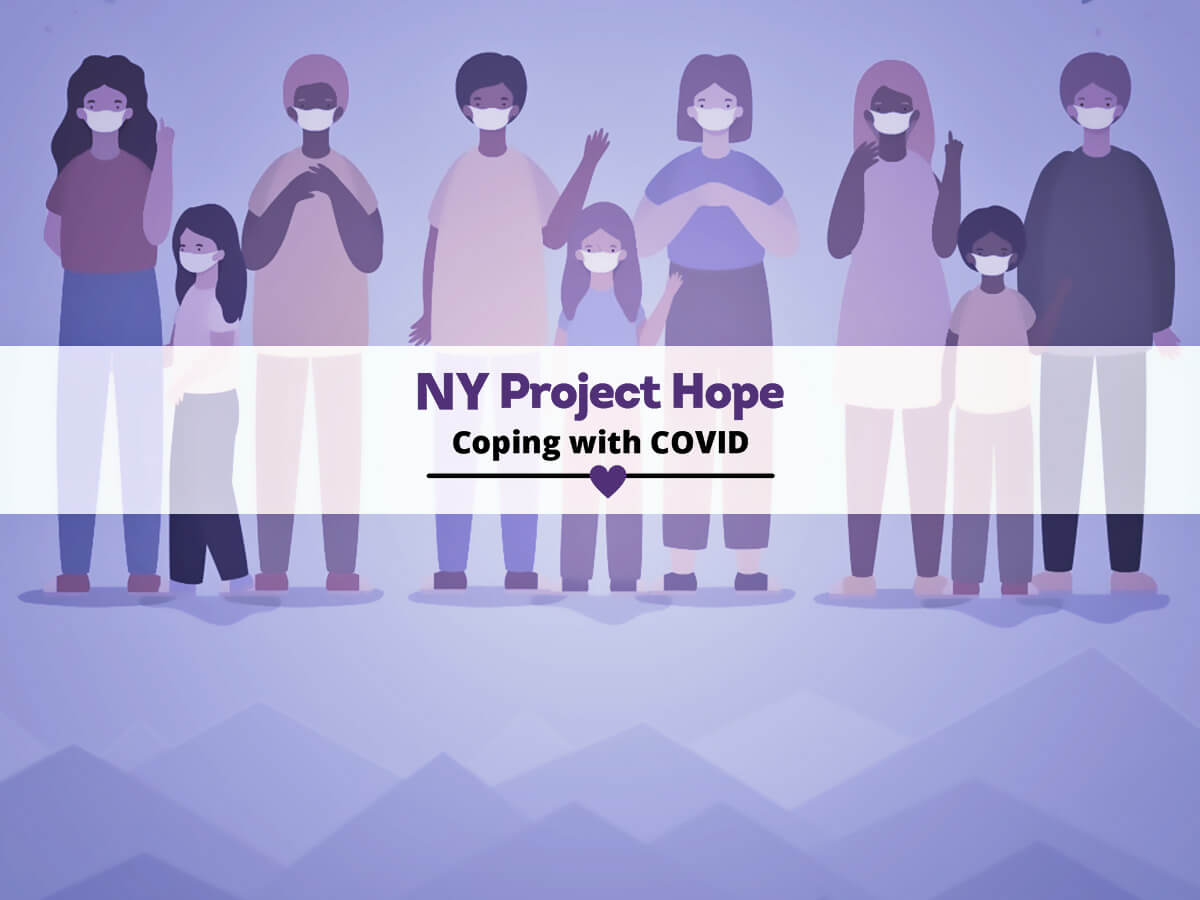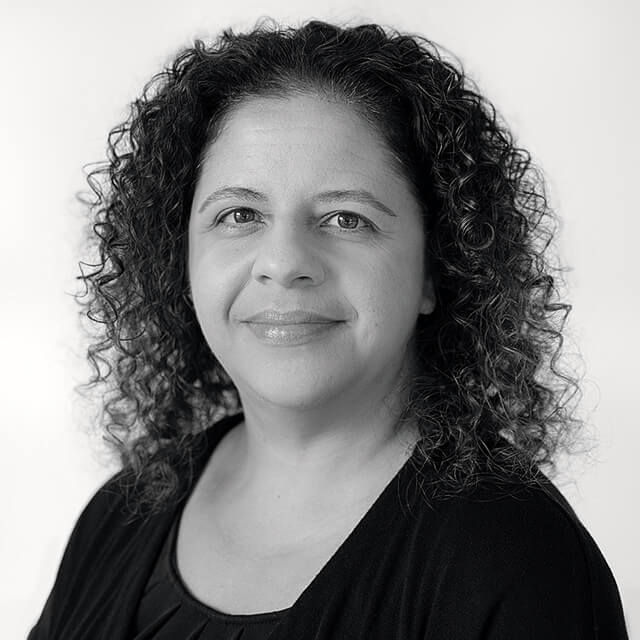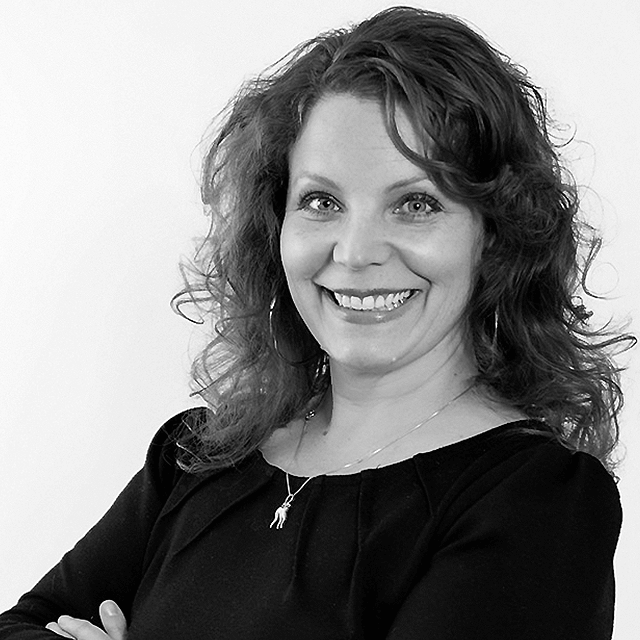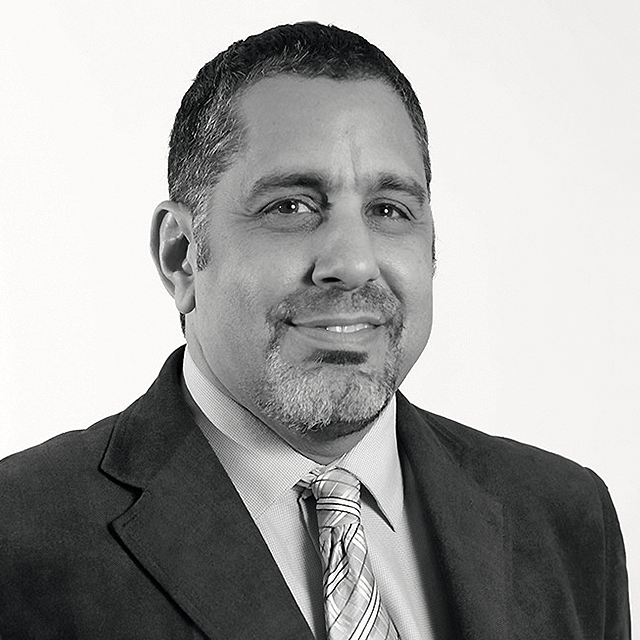NEW YORK, April 20, 2021 — The shockwave of death and economic devastation coming from the COVID-19 pandemic has left a profound impact on the mental health of many New Yorkers. We’ve already lost more than 43,000 of our residents, and many more have been stricken by job loss, homelessness and food insecurity. It’s no surprise that more than one-third of adult New Yorkers reported poor mental health as of October 2020, according to the New York State Health Foundation. In communities of color, 42 percent of Hispanic and 39 percent of Black New Yorkers reported symptoms of anxiety and/or depression in the prior week. Younger residents and those in low-income communities also experienced the highest rates of poor mental health, and need emotional help.
One way in which the state hopes to address this growing crisis is through NY Project Hope, which was created to help New York residents to manage and cope with the changes to their lives brought on by the pandemic. It helps people through an emotional help line that is staffed by crisis counselors, as well as providing educational materials and trusted referrals for people in need.
NY Project Hope is a program of the New York State Office of Mental Health, funded by the Federal Emergency Management Agency and administered by the Substance Abuse and Mental Health Services Administration. The McSilver Institute and its Technical Assistance Centers are proud to be among the organizations supporting NY Project Hope’s mission, by providing advice and training content for crisis counselors.
Dr. Andrew F. Cleek, Chief Program Officer of the McSilver Institute and Dr. Lydia Franco, Senior Director of Education and Innovation, both advise Project HOPE as members of the Children’s Committee, co-chaired by OMH Associate Commissioner Donna Bradbury and Assistant Commissioner for the Bureau of Children, Youth and Families of the Division of Mental Hygiene Marnie Davidoff.
Providing content expertise for crisis expert trainings specific to children are Dr. Kara Dean-Assael, who is both the McSilver Institute’s Director of Clinical Education and Innovation and the Clinical Leader for the Community Technical Assistance Center of New York (CTAC); and Dr. James Rodriguez, the Institute’s Director of Trauma-Informed Services. Through a contract with Columbia University’s Center for Practice Innovation at the New York State Psychiatric Institute, they completed a pre-recorded webinar on the topic of supporting children and youth during the pandemic, which subsequently provided the basis for online learning modules.
“The COVID pandemic has led to devastating mental health challenges in New York State,” says Dr. Cleek. “The FEMA-sponsored NY Project Hope is just one piece of the web of services that will be needed to address these challenges. We are glad to be able to play a small part in advancing the project’s services directed at children and families.”
The NY Project Hope helpline is free, confidential, anonymous and available for all ages. Callers are connected to brief counseling over the phone at (844) 864-9314. Counselors are available to talk from 8 a.m. to 10 p.m. ET, seven days a week. Call or learn more at NYProjectHope.org.
Learn more about the McSilver Institute’s Technical Assistance Centers.




